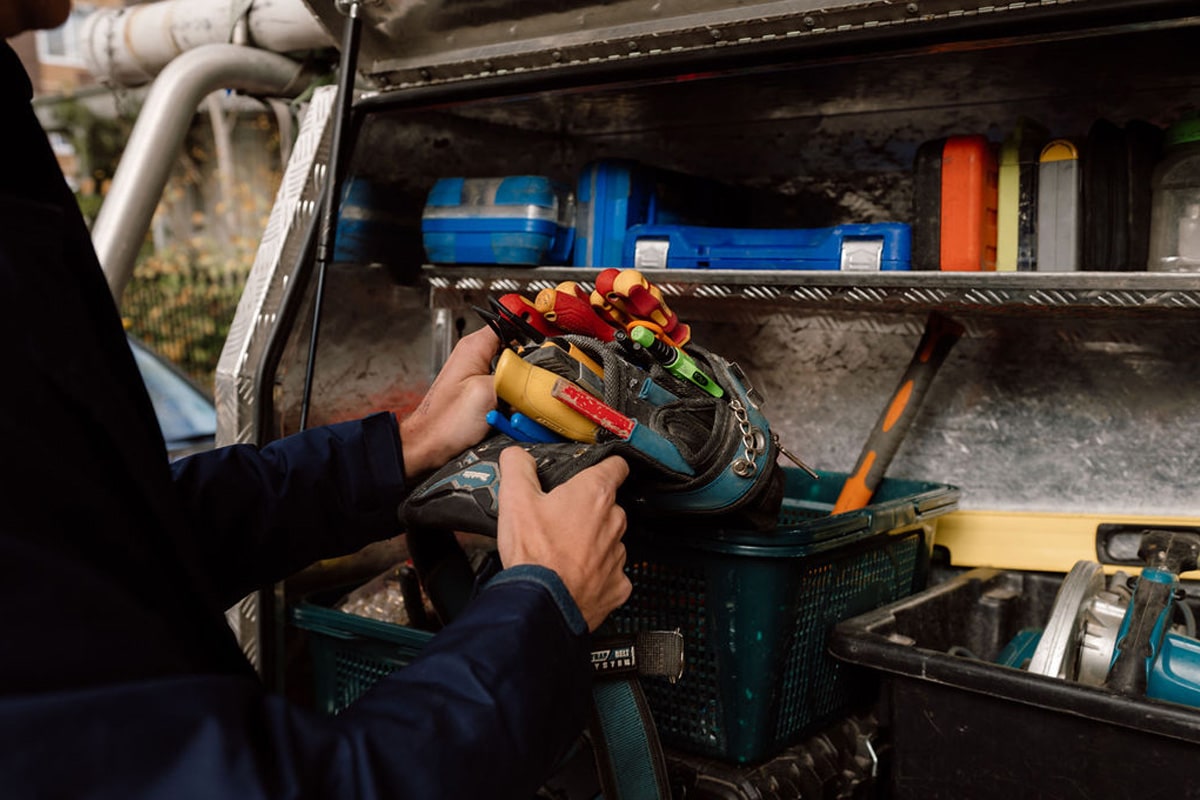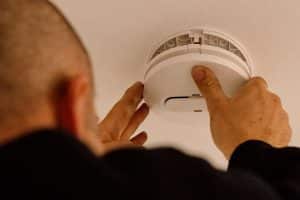The trend in Australia towards transitioning to home electrical systems, rather than relying on gas, is mainly driven by a combination of environmental concerns and economic advantages. Electricity generation is commonly perceived as being damaging to the environment, especially when fossil fuels are used. However, what often gets lost in this discussion is that gas-powered appliances, like water heaters, stoves, room heaters and others, are also major contributors to household greenhouse gas emissions.
The recent rapid expansion in Australia of renewable energy capacity has seen almost 40% of the country’s electricity now being provided by renewable sources, like solar power. Households can adopt these electrical systems at home to reduce their contributions to the consumption of fossil fuels. At the same time they will reap the long-term benefits of using renewable energy, like cost savings. The energy efficiency of electric systems like heat pumps and climate-control air conditioners can provide long-term cost reductions in household power bills.
Government initiatives are also in place to subsidise and encourage people to switch to home electrical systems. Combined with the decreasing costs of alternative energy sources like solar panel installations, fully switching to home electricity is becoming an increasingly attractive option for Australian households.
Ideas for home electrical systems
You might find the idea of switching to electricity a bit daunting, particularly if you’re so familiar with using gas. You don’t have to do it all at once. Target specific areas of your household one by one. Start with common appliances. You can replace your gas stove with an electrical one. Or swap your gas water heater for an electrical heat pump. Hook it up to a solar inverter and you’ll save even more on the daily costs of heating water for household use.
You can also consider getting more modern appliances, like induction cookers and stoves. These hardly cost more than their gas equivalents, but their advanced electrical technology can save a substantial amount on your energy bill.
Solar power is the obvious choice as the main power supply to an all-electric home. It allows your house to generate its own electricity, which hugely reduces your reliance on the electricity grid. You get free power from the sun during the day, and if you invest in a battery storage system, you can use the excess energy generated at night time too.
What’s involved in switching to home electrical systems?
Most successful conversions from gas to household electrical systems follow a similar step-by-step process:
- Assess your current systems for areas of improvement.
Identify all the gas-powered systems in your home, and research appropriate replacements. - Upgrade in stages.
Replacing all your systems at the same time might not be financially viable, but that doesn’t need to stop you. You can upgrade gradually, as you can afford it. To this end, make a list of the priority appliances or systems you want to replace for switching to home electricity, and work your way through it as finances allow. It helps to start with the most power-intensive systems, like water heating or your stove – this will bring you more immediate savings. - Use solar power.
This is your best way of seeing the fastest reduction in your power charges. It requires an upfront investment, but it’s well worth getting, as it will form an important part in reducing your dependence on the electricity grid and saving money on electricity in the future. - Get professional help.
There’s no need to embark on this journey all by yourself. You can consult our experts at STL Electrical to advise on things like how to convert gas central heating to electric and new electrical solutions available for your home. We can affordably overhaul your household power system from gas to electric, safely and in full compliance with Victoria state regulations. We’ll also help you identify where you could be eligible for rebates or government subsidies. - Choose the right electricity provider.
After you’ve converted your household to one that’s all-electric, it’s a good idea to shop around for the best deals from local electricity providers. Even if you have a solar installation, you can still remain connected to the grid as an emergency back-up. This is really useful given the unpredictability of the weather in Melbourne. If it rains for days, your solar battery won’t charge enough to power your home.
Challenges in changing from gas to home electrical systems
When decided on switching to home electricity, bear in mind that it might not be without its challenges. For many, the upfront cost can seem prohibitive, although it will definitely save money in the long run. The initial investment in solar panels, inverters and even just new household appliances can seem steep.
Government support for converting from gas to electricity
Recognising these concerns, the government has introduced a wide range of rebates and other incentives at both federal and state level. There are several examples of these, like the federal Small-scale Renewable Energy Scheme. This offers financial assistance for people who want to instal solar panels and heat pump water heaters. Furthermore, Victoria’s Solar Homes Programme provides extra rebates for solar installations and battery storage units.
National grid infrastructure challenges
Australia’s national electricity grid also poses a challenge. If more and more homes become all-electrical, this will inevitably increase demand on the grid. The government fully supports the transition to electricity, but it will need to ensure that its grid capability and stability is up to meeting the new demands, especially during peak demand periods.
Looking to the future of electrification in Australia
The impetus towards household electrification forms part of the wider energy transformation happening in our country. With coal-fired power stations on their way out, to be replaced by renewable energy sources, we’re moving closer to a future with much lower carbon emissions. This isn’t merely a case of meeting international climate commitments – it’s about our ability to continue living comfortable on Earth.
Households that replace gas-powered appliances and systems will reduce their carbon emissions, while gaining long-term cost savings.
Melbourne electricians for home electrical systems
Our certified, professional electricians are experienced in helping Melbourne homeowners in switching to electricity from gas. Contact us when you’re planning to do so – we’ll advice you on the best, most affordable options, and carry out any conversions you want, safely and efficiently.




